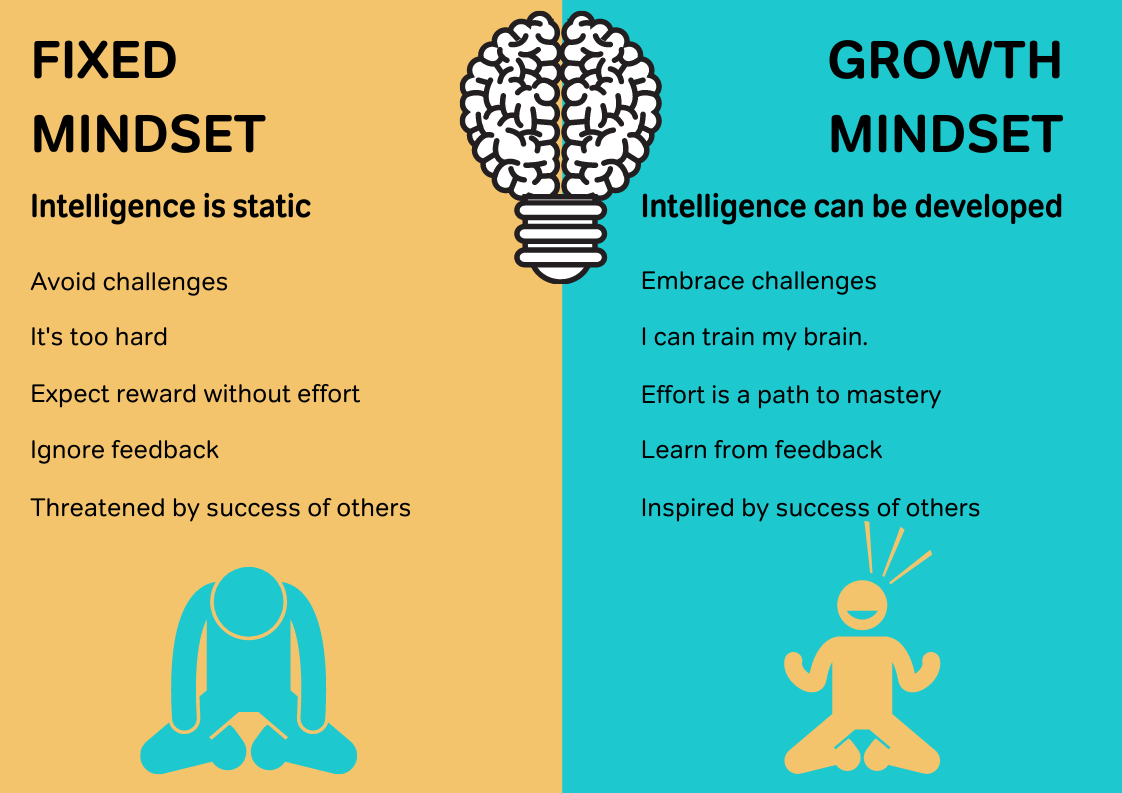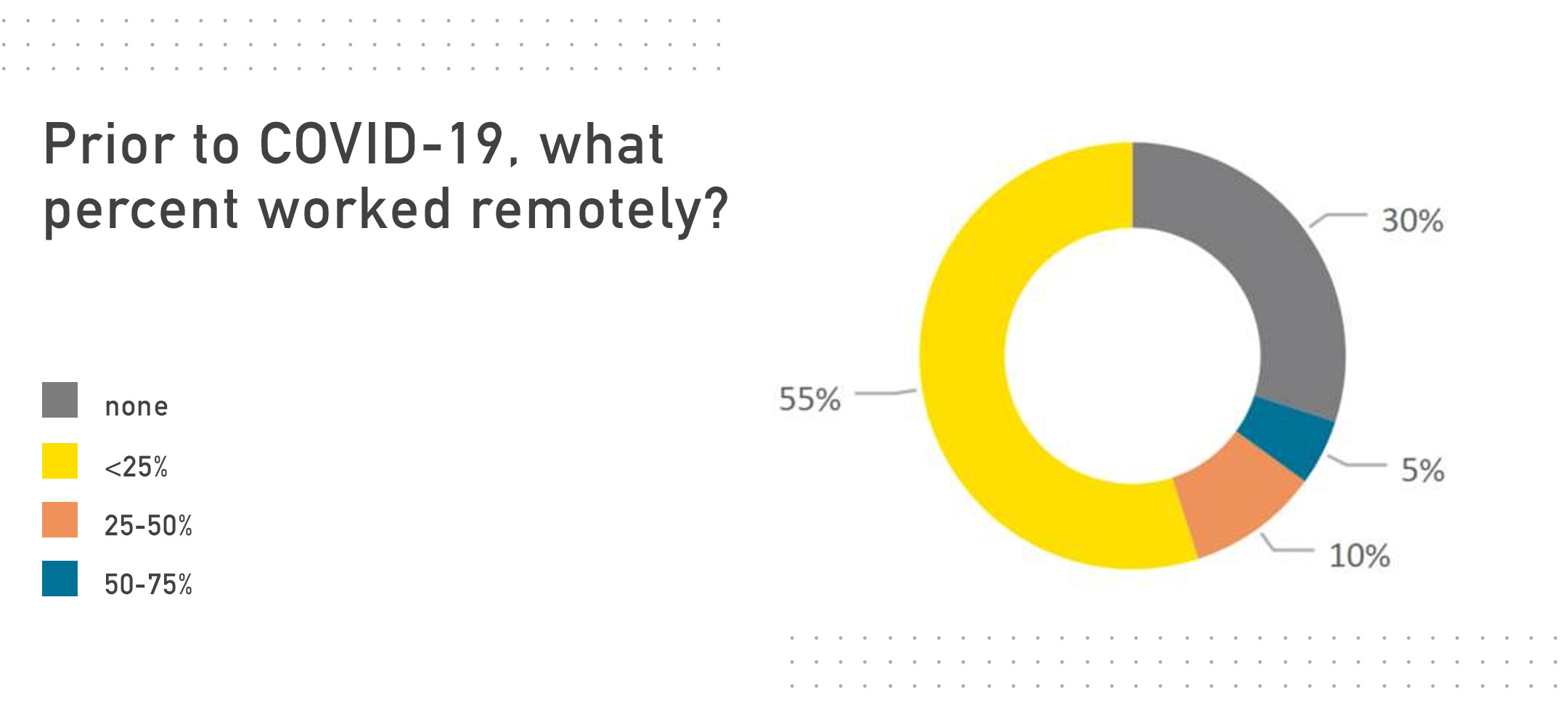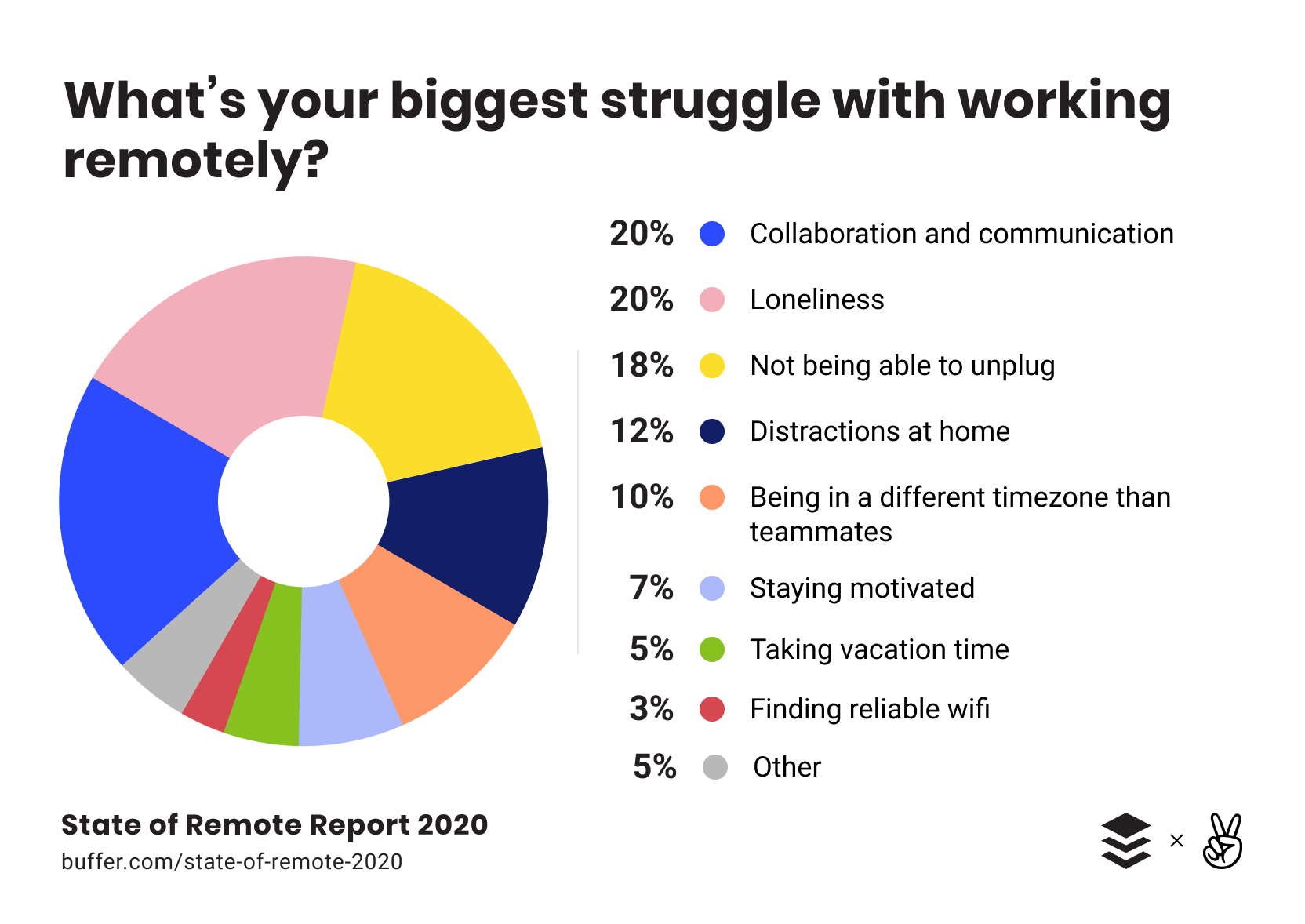The road to success is often a difficult one. Nobody in this world is perfect by any means; we all will fall down from time to time and fail. This is where most people give up because a task seems too hard for them. I believe there is no such thing as failure in life, there are two outcomes only: success and growth. Failure sparks the growth that we need to ultimately be successful in the future. We all need to stop putting our heads down when we encounter failure and instead develop a mentality called the growth mindset.

Difference Between Fixed and Growth Mindset
Let’s first start off with the opposite of a growth mindset: the fixed mindset. An individual with a fixed mindset often complains and views traits and situations as stable and unchangeable over time. For example, for an entrepreneur who needs basic finance skills to create a business budget, he would display a fixed mindset by saying something along the lines of “I’ve never been good a math or financial statements, so I’m not cut to run my own business”. On the contrary, someone with a growth mindset views intelligence, abilities, and talents as learnable and capable of improvement through effort and hard work. If the entrepreneur had a growth mindset, he would instead say “I don’t have a background in finance, but I can learn and practice those skills until I feel capable”.
The Impact of Having a Growth Mindset
Having a growth mindset is important because it can help you:
- Overcome obstacles when learning and developing a new skill
- Recognize the importance of challenge, struggle, and failure in personal growth
- Cultivate creativity
- Find courage and motivation to create progress
- Develop resilience
- Support self-esteem
All these attributes are a result of having a growth mindset and are all key when trying to learn and develop new skills and overcoming adversity along the way.

In conclusion, anybody is capable of anything in this world, the only thing that you have to change is your mindset and the way you look at challenges and failures. The growth mindset is a powerful tool and is a belief that you are capable of anything if you put in the hard work along the way and don’t let failure break you down.




